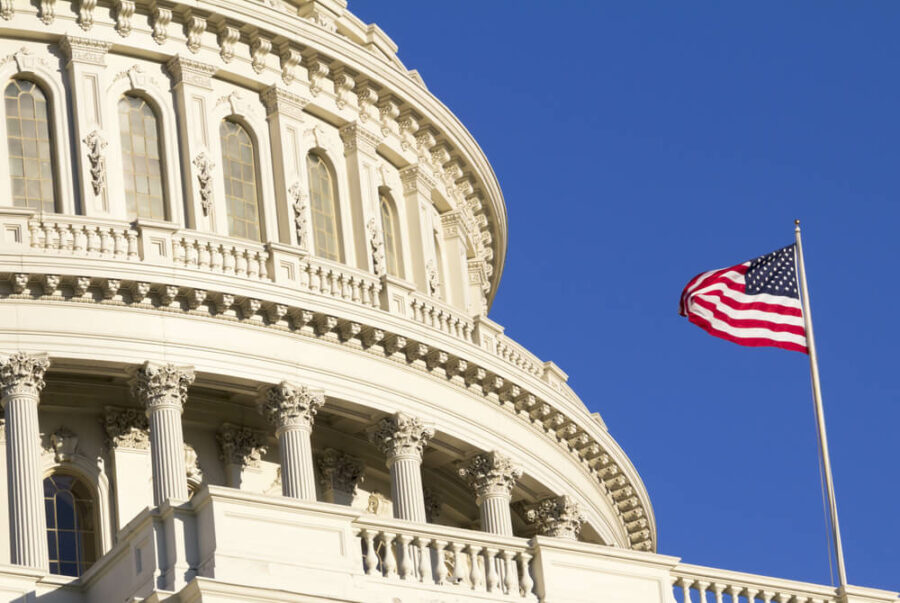The divided U.S. House of Representatives passed a bill to suspend the $31.4 trillion debt ceiling on Wednesday, with the majority support of both Democrats and Republicans to overcome hard-line conservative-led opposition and avoid a catastrophic stumbling.
The bill, which the Senate will now have to pass for President Joe Biden to pass into law within five days at the latest, under penalty of default by the world’s largest economy, was voted in favor by 314 lawmakers to 117 against.
Biden was quick to welcome this “essential step.” “Today, the House of Representatives took a fundamental step forward to prevent the United States from defaulting, for the first time in its history, on its debts,” he said in a statement, stressing that “the only way forward is a bipartisan compromise” between Democrats and Republicans.
Biden explained that under the agreement between him and Republicans, “neither camp got everything it wanted.”
Republican House Speaker Kevin McCarthy, whose marathon negotiations with Biden paid off, said that “passing the Fiscal Liability Act is a critical first step to get America back on track.”
He added that this law “does what is responsible for our children, what is possible in a divided government, and what our principles dictate.”
Read: Biden-McCarthy debt raising deal faces first House test today
McCarthy stressed during a news conference that the bill provides for “the largest budget cut in American history.”
After it passes in the House of Representatives, the ball moves to the Senate, where Biden’s Democratic allies have a majority.
Democratic Senate Majority Leader Chuck Schumer said that if he received the bill, he would send it to the House “as soon as possible” so that “we avoid default.”
Congress must pass this provision and refer it to Biden for publication of a law this week, as the Treasury Department has warned that the country’s treasury will be emptied next Monday if the borrowing ceiling is not raised or suspended.
If the law passes, as expected, the American political class will avoid a return to crisis until 2025, after the presidential election scheduled for the end of next year.
In return for suspending the public debt ceiling, the law imposes a limit on some expenditures, with the exception of military expenditures to keep them stable in 2024, with an increase of 1 percent in 2025.
It also provides for a $10 billion cut in funds earmarked for tax services to modernize them and tighten controls.
For more on the debt ceiling, click here.








